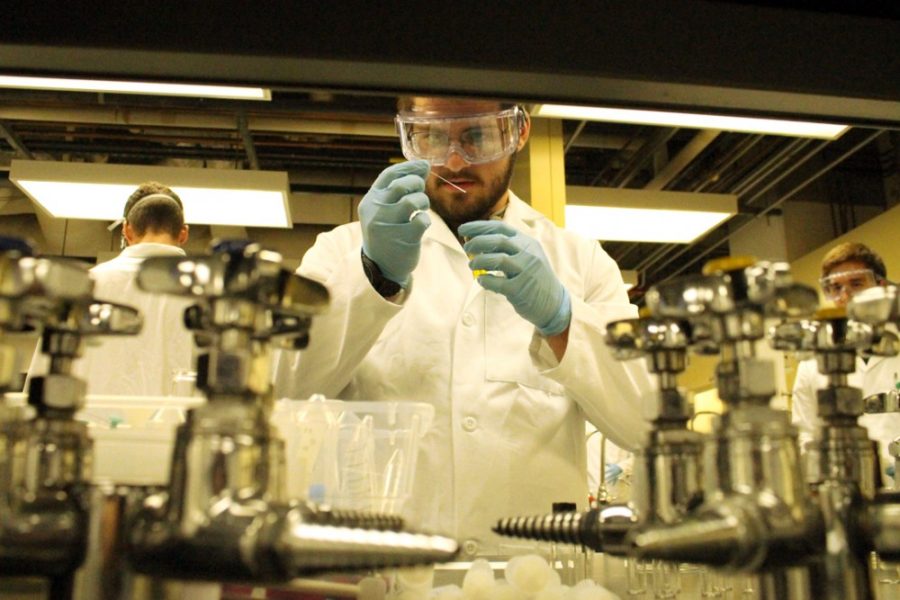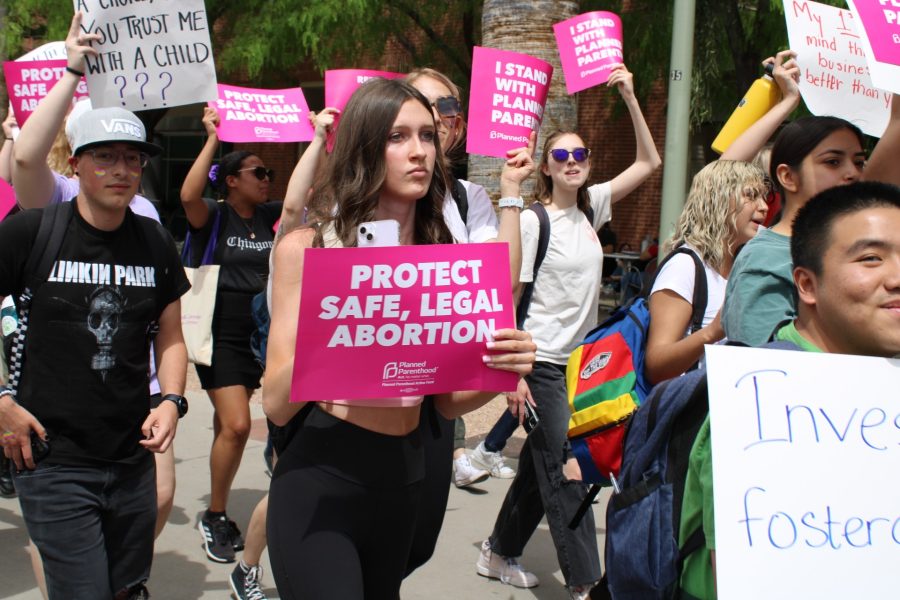Students may not be getting their money’s worth out of their increasing expensive educations, according to “Academically Adrift: Limited Learning on College Campuses,” a 2011 book by sociologists Richard Arum and Josipa Roska.
Arum and Roska claim that four-year undergraduate students receive little to no learning in four-year universities, based off a study that included an essay-based critical thinking, analytical reasoning and communication skills test called the Collegiate Learning Assessment.
In their study, Roska and Arum had a sample of four-year undergraduates take the CLA during their freshman year. The same students then took the test again during their senior year, and their scores saw very little improvement.
On average, scores improved less than one-half of one standard deviation from the students’ freshman year, with one-third of students improving by less than a single point out of a 100-point scale.
A follow-up study of the same students found that two years later, 7 percent of them were unemployed and 16 percent were underemployed after graduation.
At the UA, a gauge of critical thinking skills is not a general requirement to enter the university.
The admissions process differs depending on the type of application filled out, according to Kasey Urquidez, associate vice president of student affairs and dean of undergraduate admissions.
There are two different applications for prospective undergraduates: the basic undergraduate application and the application for the Honors College. The basic undergraduate application and honors application both have essay questions, but the questions are very different.
“The undergraduate essay is more of the student telling us about their self,” Urquidez said, “but the Honors College does ask a critical thinking question.”
This year’s critical thinking question was based on the idea of basic human rights and how an education at the UA would contribute to knowledge of and engagement with those rights.
Urquidez said she believes the reason critical thinking questions only appear on the honors applications is not because the university does not care about critical thinking skills, but because university research has shown that other areas correlate more to a higher graduation rate.
“Students must have critical thinking skills to be successful in the real world,” Urquidez said, “but we are just not there yet. GPAs and test scores have worked well in telling us who will successfully graduate.”
Susan Miller-Pinhey, marketing and events manager at Career Services, said that graduates at the UA have a better opportunity than most at landing a job.
“Employers love us,” she said. “I would be surprised if that study was talking about us.”
According to this year’s Career Services Employer Guide, 6,494 students received bachelor’s degrees during the 2012-2013 academic year. Meanwhile, according to the Career Services statistical year review, 1,673 students reported acceptance of a job. The same report also showed that 1,075 students reported admission into graduate school.
Students at the UA have different opinions on whether their time at the university has improved their market appeal and their critical thinking skills.
Clinton Ewell, a vocal performance freshman, said he believes that his critical thinking will improve and hopes the UA will help him become successful.
“Students and the university must maintain an incentive for increasing our critical thinking skills,” Ewell said. “That is why I am trying to incorporate business as my minor.”
Ethan Posey, an anthropology senior, said that while happy with his education, he has some doubts about whether the university has helped him prepare for the job market.
“I have learned a lot about doing research and understanding the world critically,” Posey said, “but I don’t know if the university has prepared me for real 9-to-5 work expectations. But I won’t know ‘til I am out there.”
—Follow Max Lancaster @MaxLancaster9









